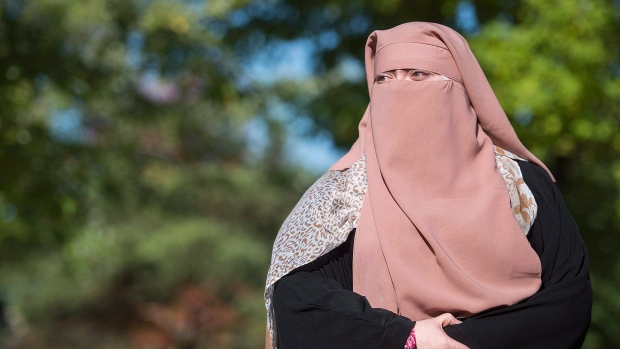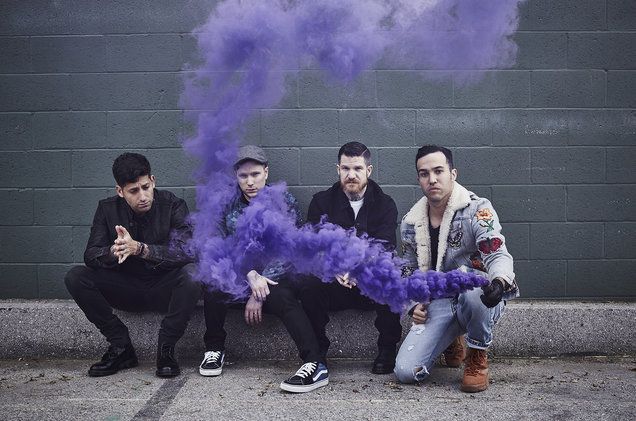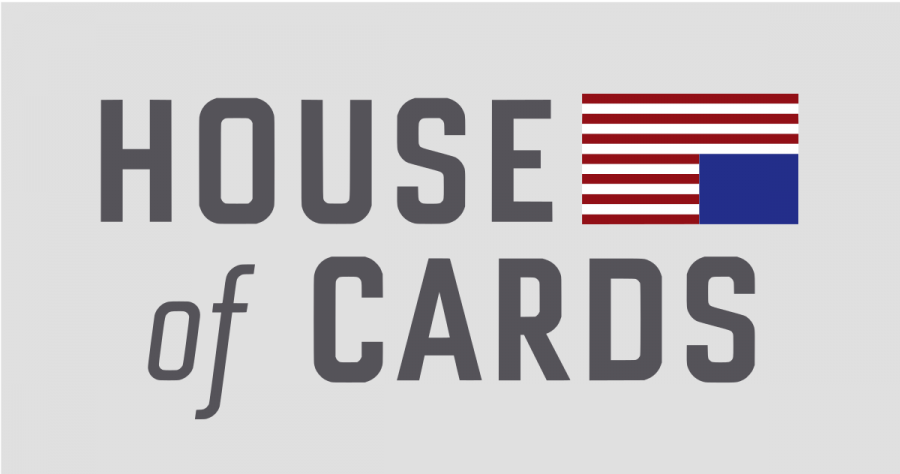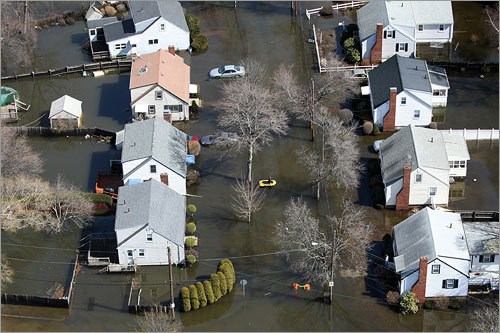By Simran Gupta
Staff Writer
Quebec has been in the spotlight for the last two weeks of October for an unusual reason: following its French origins, the Canadian province has voted to ban garments that cover one’s face “when giving or receiving a public service.” During the week of Oct. 15, Bill 62 was passed by Quebec’s National Assembly with a 66-51 vote, and is the first bill of its kind to exist in North America.
The government has stated that the bill includes all types of face coverings and is not intended to target Muslim women. The bill also does not explicitly mention the Muslim faith, and will prevent publicly funded child care services from offering religious education. However, critics argue that Muslim women will be disproportionately affected. “Bureaucrats, police officers, teachers, and bus drivers, as well as doctors, midwives, and dentists who work in publicly funded hospitals and health centres, will have to have their face uncovered,” notes a journalist for the BBC.

Warda Naili, a Quebec woman who converted to Islam.
After the bill’s introduction, it was clarified that people could request exceptions; theoretically, a woman wearing a face veil could ask for one. On the other hand, this request can be refused on the grounds of “security or identification reasons, or because of the level of communication required,” as stated in the bill. Critics worry that this loophole will lead to further marginalisation of Muslim women wearing the niqab or chador.
Though there are no exact numbers concerning how many women wear these garments in Quebec, a 2016 Environics survey indicates that around three percent of Canadian Muslim women wear the chador and three percent wear the niqab.
“For reasons linked to communication, identification and safety, public services should be given and received with an open face,” stated Premier Philippe Couillard of Quebec. “We are in a free and democratic society. You speak to me, I should see your face, and you should see mine. It’s as simple as that.”
Bill 62 was supported by Quebec Justice Minister Stéphanie Vallée as well. She made clear that it would apply to masked protestors as well. “We’re talking about having the face uncovered. It’s not what is covering the face,” she said. Legislation similar to Bill 62 had been discussed but subsequently tabled or rejected for the past two years.
As criticism and concern mounted, a change was brought about to the law. On Oct. 24, The Guardian reported that the Canadian government seemed to have altered its interpretation of the bill.
“No one will be thrown off public transit, denied emergency health care or be chased out of a public library,” Vallée clarified to reporters. “We do not have the intention of setting up an uncovered-face police.” She also made clear that the law would apply at the moment of identification, and gave a series of examples when a Muslim woman would not need to uncover her face.
“These are common sense rules,” according to Vallée. “They would apply to anyone whose face is covered, including those wearing large sunglasses or scarves.”
Whether or not it is enforced as such remains to be seen. Criticism and concern continues, with many pointing out that having to remove a garment such as the niqab defeats the purpose of having to wear one.

















